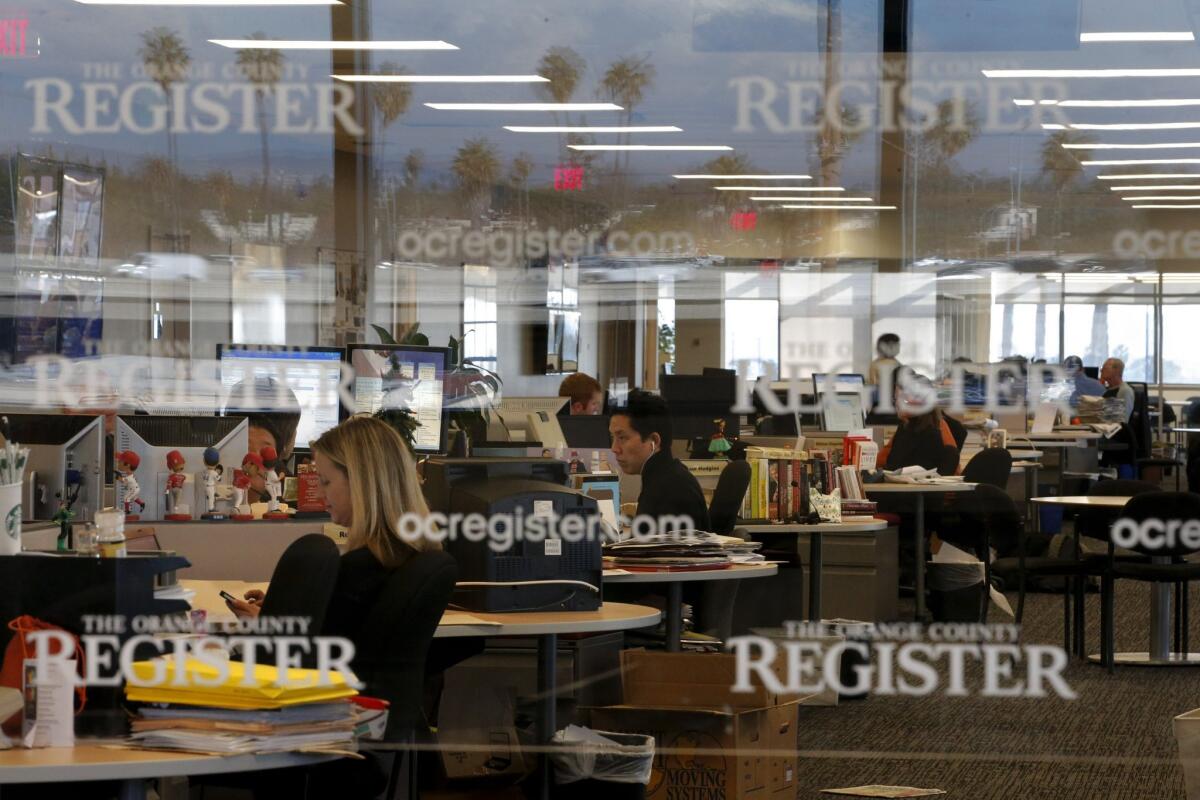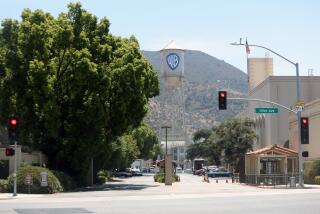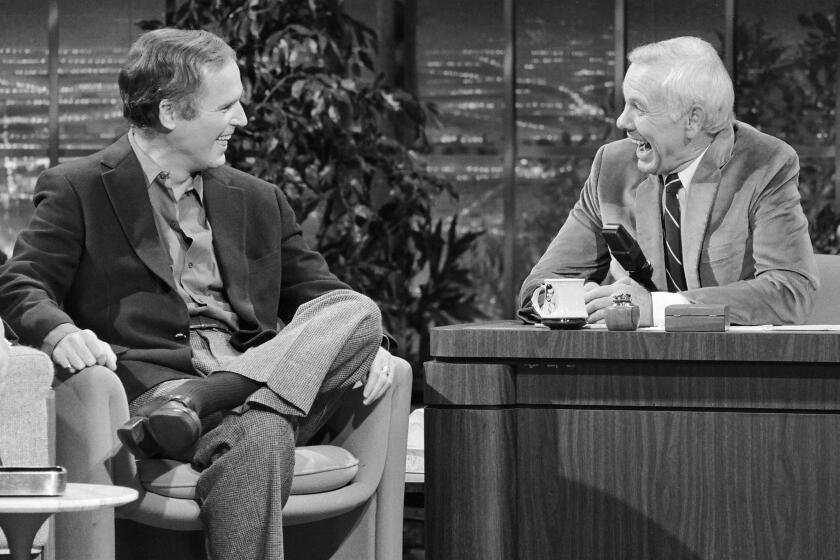Tribune Publishing, Digital First Media bid to buy bankrupt O.C. Register

Bidders interested in acquiring Freedom Communications, the bankrupt owner of the Orange County Register, had until Friday to submit initial offers. An auction is scheduled for next month.
An investor group led by the chief executive of Freedom Communications will not be among the initial bidders for the bankrupt company, in a reversal from a plan first announced in November.
Richard Mirman, chief executive of Freedom, which owns the Orange County Register, said Thursday that his group still intends to bid for Freedom’s assets in an auction to be held next month but that it would not submit a so-called stalking horse bid.
If accepted, a stalking horse bid gives protections — including a payout if another buyer wins at auction — and serves as the opening price in a bankruptcy auction. The deadline to submit those bids was Friday.
See the most-read stories this hour >>
While Mirman’s group is sitting out for now, Los Angeles Times owner Tribune Publishing and Digital First Media have confirmed submitting early bids for Freedom’s assets. Tribune executives would not provide details of their plan.
Executives and attorneys for Digital First Media, which owns the Los Angeles Daily News, did not return calls for comment. But the company’s local papers reported late Friday that Ron Hasse, president of Digital First’s Southern California operations, confirmed that the company submitted a bid before the deadline.
When Freedom filed for bankruptcy Nov. 1, Mirman said the insider group planned to submit a stalking horse bid, but one never materialized.
“After weighing its advantages and drawbacks, we decided not to submit a stalking horse bid,” Mirman said in Thursday’s statement. “We believe our interests are better served in letting the auction determine a fair price, rather than prematurely anticipating the ‘right’ price.”
While there are advantages to being selected as the stalking horse bidder, there are also downsides, and Mirman’s statement hints at perhaps the biggest one: By being the first to submit an offer, the stalking horse bidder risks overpaying.
Lloyd Greif, chief executive of downtown L.A. investment bank Greif & Co., said Mirman may have scrapped plans because of that risk of paying too much. It’s also possible Mirman’s group couldn’t raise the money to make a reasonable bid or didn’t think it could outbid Digital First and Tribune, Greif said.
“I’d say they got cold feet. They’re recognizing the odds aren’t in their favor,” Greif said. “I think Tribune or Digital First will take Freedom, and Mirman’s group will be a distant third.”
He said Tribune and Digital First are both in a position to pay more for Freedom than the company insiders because the publishing companies can recognize substantial cost savings by combining the Register and Press-Enterprise operations with their own.
SIGN UP for the free California Inc. business newsletter >>
Media industry analyst Ken Doctor said Tribune Publishing, which owns The Times and the San Diego Union-Tribune, could see $15 million to $20 million in cost savings by taking over Freedom.
Freedom and representatives of the firm’s creditors may select a preferred bidder or bidders as soon as next week. There could be multiple stalking horse bidders selected — for instance, one to buy only the land and another the newspapers.
If a stalking horse bidder is selected, the next step in the sale process will be for other bidders — including the Mirman group — to submit better offers by March 11. An auction would then be held March 16.
If the process sticks to that schedule, a federal bankruptcy judge could approve a sale on March 21, with the sale closing by the end of the month.
The biggest question now is whether any of the bidders will agree to take over Freedom’s pension plan.
Though public filings with the Department of Labor indicate the plan is well-funded, a federal pension regulator says it will need $155 million from Freedom if no buyer is willing to take over the plan.
Jeremy Rosenthal, an attorney representing Tribune Publishing, told bankruptcy Judge Mark Wallace at a hearing this month that the pension plan has invested in “unusual” and “complicated” assets.
Rosenthal, other attorneys involved in the bankruptcy case and Freedom executives all declined to comment on what those assets are. The plan’s federal filings lack a required list of assets.
MORE: Get our best stories in your Facebook feed >>
The pension issue could be vital in determining who wins the bankruptcy auction. A bid that abandons the pension plan would add $155 million to Freedom’s unsecured debt, severely diminishing whatever payout other unsecured creditors stand to receive.
Members of Freedom’s pension plan, which includes employees who started with the company before the plan was frozen in 2005, will receive pension benefits in either case.
Pensions are insured by the federal Pension Benefit Guaranty Corp., though the agency only covers up to $60,000 in pension payments per member per year so some members could see benefits cut.
Freedom employees were notified that they would begin receiving layoff notices mandated by state and federal labor law. These Worker Adjustment and Retraining Notifications, or WARN notices, are meant to give workers at least 60 days of notice before a mass layoff.
Mirman said the notices were a requirement of the bankruptcy process, but “does not imply immediate layoffs.”
james.koren@latimes.com | @jrkoren
ALSO
How crowdfunding has made flipping houses a lot easier
Do they really own that home? Beware the Airbnb scammers.
Tattoo parlor alongside groceries? Whole Foods floats ideas for its new 365 stores
More to Read
Inside the business of entertainment
The Wide Shot brings you news, analysis and insights on everything from streaming wars to production — and what it all means for the future.
You may occasionally receive promotional content from the Los Angeles Times.











